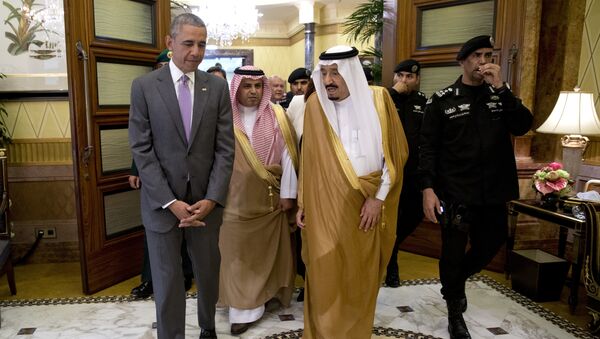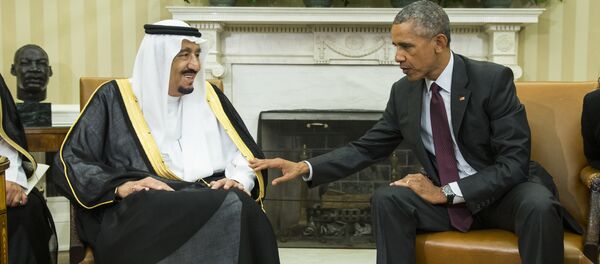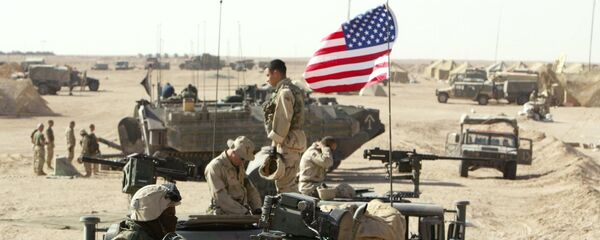The law has become the latest thorn in the already troubled relationship between Washington and Riyadh.
White House Press Secretary Josh Earnest called the move "the single most embarrassing thing this United States' Senate has done possibly since 1983."
Russian politician Igor Morozov, a member of the Committee for Foreign Affairs of the Federation Council, told the Russian daily that JASTA is "clearly a challenge from Riyadh's longtime partner."
The vote proves that "Americans no longer consider Saudi Arabia to be their ally in the Middle East," he suggested. "This will surely prompt Arab monarchies in the Persian Gulf to revise their relations with the US."
"Any investor investing in a foreign country thinks that his or her assets will be safeguarded by national legislation. In this case, this principle has been violated. As a result, many countries, not only Saudi Arabia, should consider moving their investments elsewhere," Khaled Batarfi said.
The analyst said that Saudi investments will be safe in Russia, China, South Africa, Europe "and many other places." He also noted that by passing the bill, the US has reaffirmed that it does not abide by the rule of law since it can "alter laws based on momentary advantage."
Saudi Arabia's Foreign Minister Adel al-Jubeir "threatened to move all [Saudi] assets out of the US for a reason. He was speaking about approximately $750 billion," the analyst said.
"The new law enables relatives and victims to demand multimillion settlements from Riyadh. If we take into account that several thousand people died in the 9/11 attacks, the compensations could total $3.3 trillion," he added.




